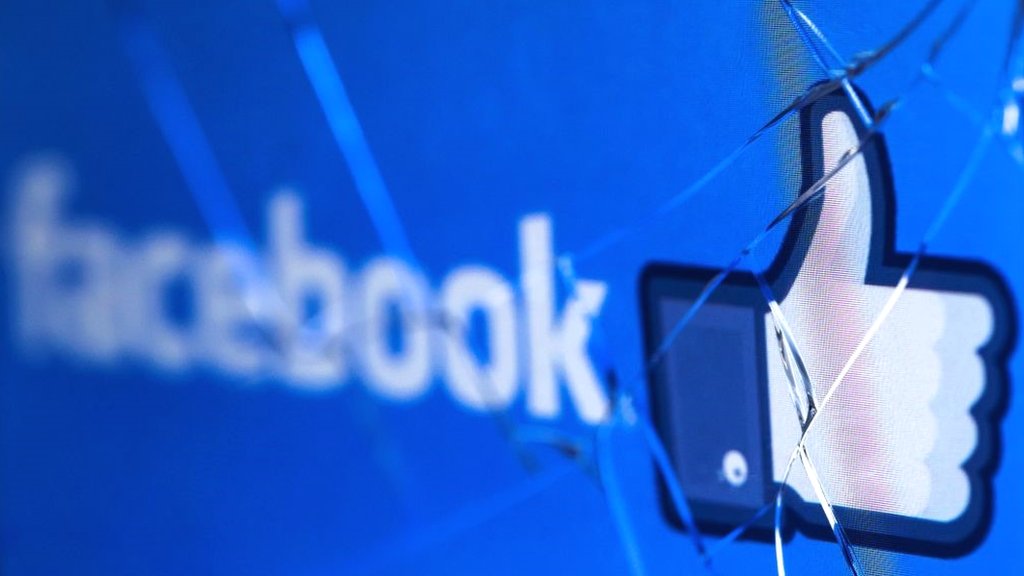INSUBCONTINENT EXCLUSIVE:
Image copyrightPAImage caption
Facebook acknowledges sharing data with phone-makers but says it "tightly controlled" the
tools involved
Facebook has rejected claims by the New York Times that its sharing of personal data with smartphone firms
represented a breach of privacy pledges that it had made to its members and a US regulator.The newspaper reported the social network had
given at least 60 device-makers access to users' friends' data without obtaining explicit consent.It added that in some cases the details
were stored on the firms' own servers.But Facebook said that this was only done to help offer a mobile service.And it has said the
circumstances were "very different" from those involved in the Cambridge Analytica scandal, in which user data was used for different
purposes.Even so, the NYT raised concern that people's information - including users' relationship status, religion, political leaning and
planned events - had been shared with other businesses.It suggested the practice meant the Silicon Valley firm might have breached an
agreement it struck with the Federal Trade Commission in 2011 to get consumers' "express consent" before sharing personal data with third
parties in new ways.Furthermore, it quoted an ex-FTC official saying that Facebook's behaviour was at odds with privacy commitments it had
made to the public in 2014.Signed agreementsThe NYT carried out its own test with an old Blackberry phone to illustrate the issue.The
handset ran an app called Hub, which was designed to collate information from a variety of social media platforms into one place.The
newspaper said the information collected by the software included the IDs, birthday dates, work details and educational histories of many of
the journalists' friends, as well as identifying information about many more friends-of-friends.Image copyrightBlackberryImage caption
The Hub was one of the centrepiece features of the Blackberry 10 operating system
It said Apple, Microsoft,
Samsung and Amazon were among others to have struck data-sharing agreements.Facebook has responded with a blog headlined "Why we disagree
with the New York Times".It defended its use of software tools called application programming interfaces (APIs), which it said had been
developed to create "Facebook-like experiences" on smartphones at a time before use of its own mobile apps became commonplace."Given that
these APIs enabled other companies to recreate the Facebook experience, we controlled them tightly from the get-go," it states."These
partners signed agreements that prevented people's Facebook information from being used for any other purpose than to recreate Facebook-like
experiences."Partners could not integrate the user's Facebook features with their devices without the user's permission
And our partnership and engineering teams approved the Facebook experiences these companies built."Contrary to claims by the New York Times,
friends' information, like photos, was only accessible on devices when people made a decision to share their information with those
friends."The social network added that it was not aware of there being any abuse of the shared data.Facebook began shutting down use of the
APIs in April as part of its response to the Cambridge Analytica row
It said 22 of the partnerships had since ended.Apple has confirmed it is among those to have stopped using the APIs, and said that it had
mainly employed them to let users post pictures and other information without first having to open the Facebook app.Image copyrightPAImage
caption
Apple says it no longer makes use of the contested APIs on its iPhones
Microsoft told the NYT
that all shared data involved was held locally on users' phones and not copied to its servers.Blackberry said it did not "collect or mine"
Facebook data for its own use
It added that newer Blackberry-branded Android handsets do not use the APIs.Amazon and Samsung have yet to comment.'Unworthy of
trust'Despite Facebook's defence of its behaviour, one British digital rights campaign group has expressed concern."This is yet another
concerning example of companies collecting, sharing, and exploiting users' data in completely unexpected ways," commented Privacy
International's legal officer Ailidh Callander."Over and over Facebook has proven itself unworthy of user's trust."Companies must protect
This includes limiting the way in which people's data is shared and respecting legal requirements."

